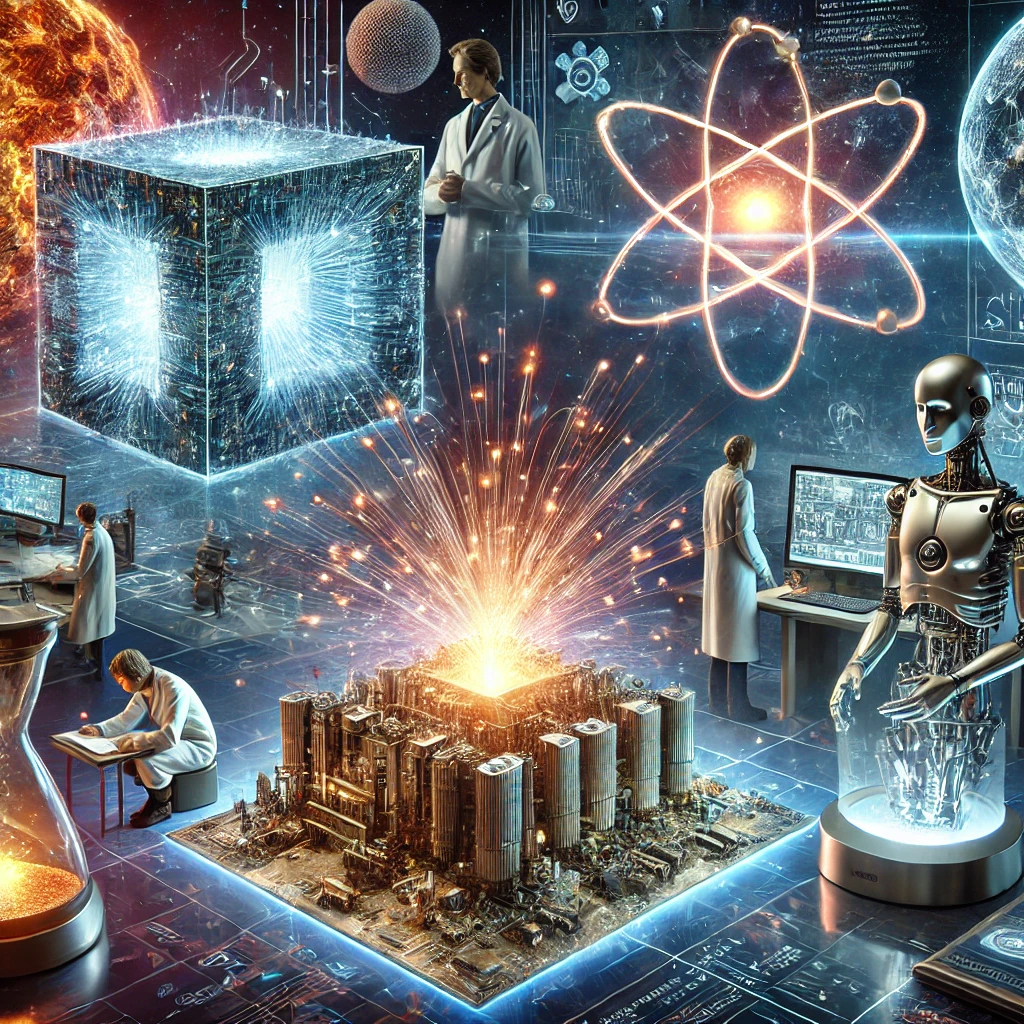Introduction: A World in Flux
The political map of the 21st century is unpredictable and unstable. In terms of shifts in governance structures, the influence extends to broader geopolitical effects within a country or beyond its borders. From divisive leadership to changed global alignments, the political nature of the world has changed completely. Though in some cases it originates from small localized causes, these changes influence broader aspects in stability, economies, and global diplomacy.
The Rise of Populism and Its Global Ramifications
Populism, once an extremist movement, now takes center stage in many countries. Often characterized by the rhetoric of “us versus them,” populism frequently speaks to disaffected groups that feel ignored by the traditional elites. Populist leaders have recently arisen in countries like the United States, Brazil, and Hungary to challenge norms.
The ramification of this trend extends across borders. Populist governments often focus on internal issues, leading to trade wars, attacked multilateral systems, and isolationist policies. While such a focus addresses instant needs, in the long term, it undermines cooperation within a global framework.
Battles for Power and Succession Rights
The last few years have seen a quite significant shift in leadership in the major world powers. Their recent changes have been the results of electoral processes for some and internal dissent or even external pressure for others. Some examples include the UK’s political transitions post-Brexit, as well as the United States’ leadership shifts after tumultuous elections, which portray the volatility of contemporary governance.
These power struggles often exacerbate political polarization. With governments divided along ideological lines, policymaking becomes a protracted battle, impeding effective governance. The consequences are felt not only domestically but also in international relations, where inconsistent policies create uncertainty.
Geopolitical Tensions and Strategic Realignments
The rivalry in geopolitics is intensifying due to the competition for resources, influence, and security. The United States and China continue to be locked in a contest for global supremacy, with their disputes spanning trade, technology, and military influence. Meanwhile, Russia’s assertive foreign policy in Eastern Europe and the Middle East continues to challenge Western alliances.
This brings with it strategic readjustments. Countries adjust their alliances and align themselves with newer partners whose ideologies are closer to the evolving policy priorities. This is marked by the rise of new alliances and the erosion of old ones; international relations during this period remain fluid.
Politics-Driven Economic Policies
Political decisions increasingly guide economic policies; the short-term gains often prevail over long-term stability. Measures such as protectionism, for example, with tariffs and other trade restrictions are becoming more commonplace as governments attempt to protect local industries. Even though these measures may appease local constituencies, they typically disrupt global supply chains and increase inflation.
On the other hand, some nations continue to uphold globalization, and through international trade and cooperation, they are striving to strengthen their economies. These opposing approaches in turn create fragmented global economic structures, making coherent growth a far-fetched target.
The Public Mood in Politicians’ Transition
Public opinion has become an influential driver in shaping political landscapes. Social movements on climate action, racial equality, and economic justice are toppling policy agendas. These grassroots movements, magnified by the potential of digital media, hold the power to control elections and policy on a global scale.
However, the advent of misinformation and echo chambers in the digital age complicates this dynamic. The internet makes mobilization easier, but it also promotes polarization, making it difficult for governments to navigate the diverse and often conflicting demands of their citizens.
Conclusion: Navigating a Politically Fragmented Future
A new era of uncertainty and transformation for the world’s major powers seems to be dawning. Challenges are associated with these changes, but so too are opportunities for innovation and cooperation. Adaptability needs to be developed by governments, businesses, and individuals in this uncertain environment.
In the face of fragmentation, it is high time for dialogue and cooperation. With this understanding and resilient systems in place, the global community will be able to ride out the turbulent times and lay a solid foundation for a more stable and prosperous future.

